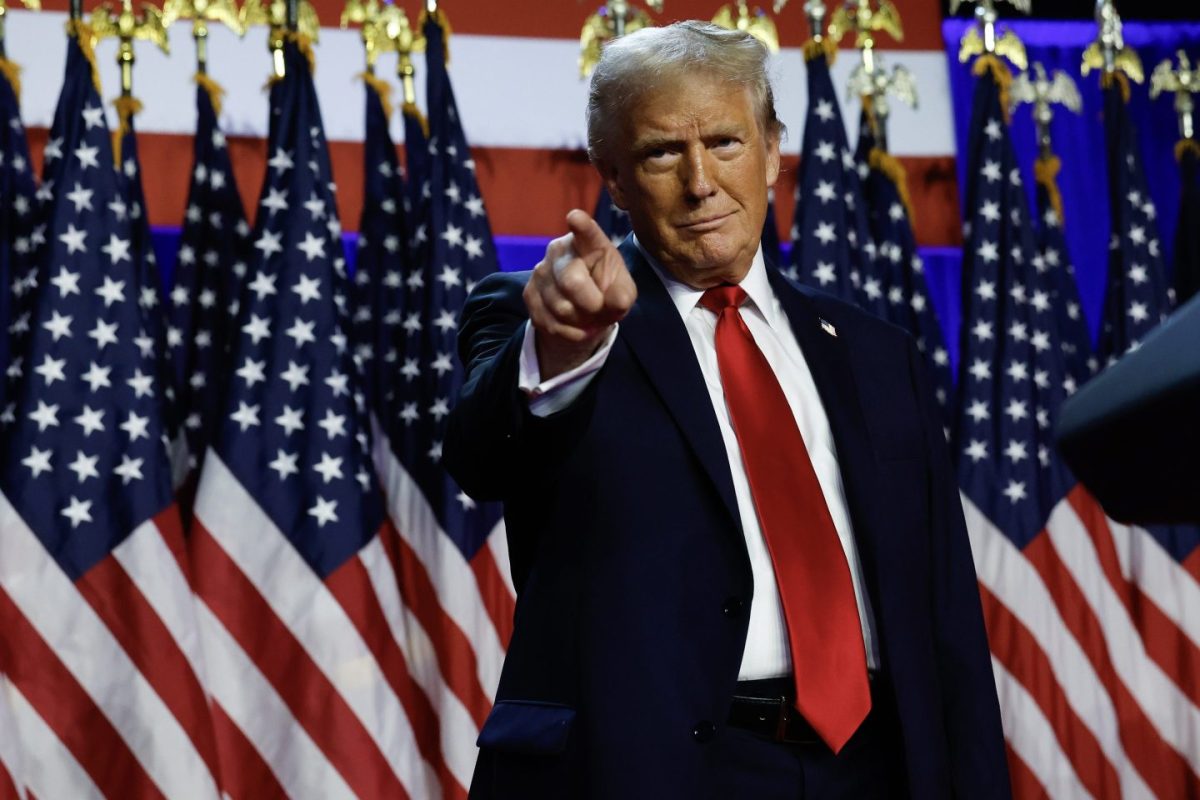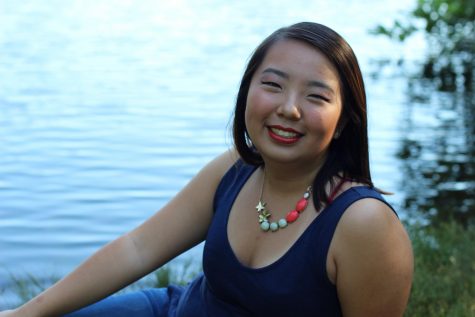My name is Meghan Mahar. I am a freshman at U.N.H. In the spring, I will formally declare my
double major in Marketing and Business Management. I am in the University's Honors Program.
I love New Haven, I was raised in Connecticut, and it's all I've ever known.
Up until this past month, I was living here illegally.
I wasn't snuck into this country. When I initially came here, it was completely legal. I was
adopted from South Korea when I was six (?) months old. I was escorted here by a United States
soldier on my flight that was coming home. I was taken in by a loving family. It made no
difference to them that I looked different and did not carry their blood.
I came here with a permanent resident card. Oddly enough, this documentation and being the
child of two US citizens did not seal my citizenship.
I did not discover that I was not a citizen until I was going to get my driver's permit and apply to
colleges last year.
My name is Meghan Mahar. I am an aspiring business major and I am not in this country to steal
your job.
The process that I was put through to obtain my citizenship was tedious, long-winded—it felt
like sitting in the DMV, but for months on end. I had to sign papers. I had to go to New York to
get files processed. I had to wait.
I reflected upon this process as I watched the debate on Sunday night.
I remembered going through the citizenship process with my mother. I watched her shuffle
through piles of papers. I felt her distress, her fear— Sure, the odds of me being deported were
small. Maybe she had nothing to worry about.
On Sunday, Donald Trump confirmed for the umpteenth time that he does not care about
immigrants or refugees; when he is not spewing his hatred at immigrants and refugees, he is
racially profiling American citizens.
This hateful rhetoric that his campaign thrives upon has magnified the prejudice that lies within
many people. Trump encapsulates the restlessness and rage of those who want change and
points it all to minorities and outsiders.
My mother did not fear that she would lose me. She feared what others might say about me if
they knew about my citizenship status.
Time did not stop for me as I waited for the grueling process to end. In that time, Trump also
gained support.
I watched as videos surfaced and people came forward with evidence and accusation against
Donald Trump. I saw tweets and heard him speak to his supporters at rallies and debates. His
ignorance was frightening, but it seemed impossible for this man to secure the nomination,
even if the numbers said otherwise.
I was astonished by the trail of victims that followed Trump to the top. I don't need to bore you
with the news that you have already heard: his plans to close our borders, the way he has
classified minorities: according to Trump, Blacks and Hispanics are "inner-city" dwellers that live
where a person could "walk down the street and get shot," Muslims are the only people that
commit senseless acts of violence, immigrants are the people that steal your jobs. Trump
believes that minorities are America's greatest weakness.
I travelled to the Immigration Court in Hartford to certify my citizenship. When I was there, I saw
what makes America great. I saw families with children lined up in a row pledging their loyalty to
a land of opportunity. I saw the weary joy in their parents' eyes and I felt the relief that they
ensured their children could have a life that might be better than their own.
Diversity is what makes America great.
The mingling of cultures and ideas has pushed us forward and helped to shape the "American
Dream" that we all strive for. By alienating those who come into this country, we crush that
dream and, when we limit the growth and opportunities of our citizens, we too as a nation grow
weaker. Instead of creating feelings of fear, we should accept and rather than putting up walls,
we should break them down.




